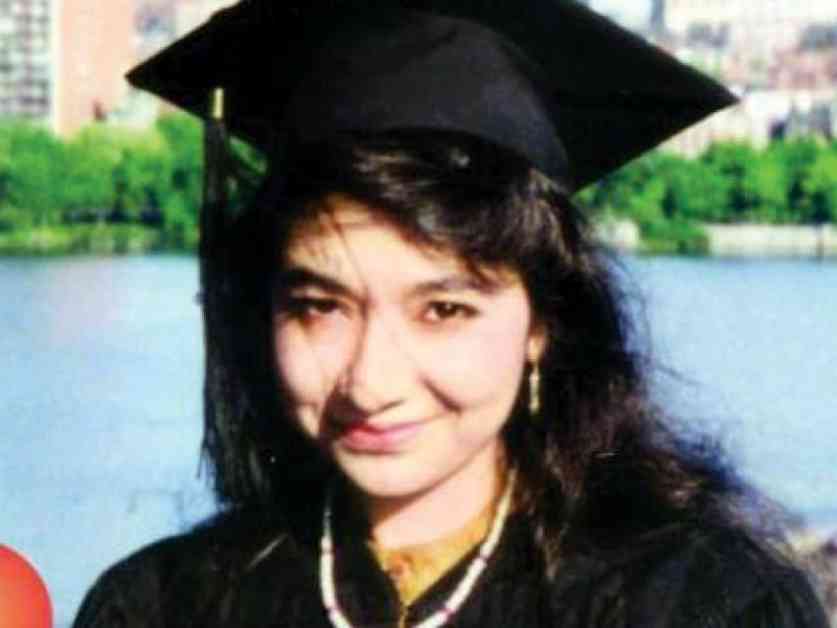Dr Aafia Siddiqui’s Release Imminent, Confirms Dr Zaidi
Dr Aafia Siddiqui, a Pakistani neuroscientist incarcerated in a US prison, is on the brink of being freed within the upcoming days. This positive news was confirmed by Prof Dr Muhammad Iqbal Afridi, a member of the delegation that recently visited the US to advocate for her release. The situation surrounding Dr Aafia’s imprisonment has garnered significant attention due to the severity of her health issues and the unjust length of her sentence. Here is a detailed breakdown of the latest developments in this ongoing saga.
Dr Aafia’s Expected Release
In an interview with The Express Tribune, Dr Zaidi, a psychiatrist, disclosed that Dr Aafia’s release is imminent. He expressed hope that outgoing US President Joe Biden would take action to commute her sentence before his term ends on January 20. However, in the event that Biden does not intervene, the Pakistani government is prepared to engage with incoming President Donald Trump to address the matter promptly.
Advocacy Efforts and International Support
Dr Zaidi shared that a three-member state-level delegation ventured to the US to champion Dr Aafia’s cause. Despite encountering a visa delay that prevented a meeting with President Biden, the delegation engaged in fruitful discussions with various US senators and State Department officials to emphasize the urgency of her release. Additionally, Prime Minister Shehbaz Sharif personally appealed to President Biden to consider granting Dr Aafia clemency on humanitarian grounds.
Legal History and Humanitarian Concerns
Dr Aafia has spent 16 years behind bars for an attempted murder charge that typically carries a maximum 10-year sentence under US law. Shockingly, she was handed an unprecedented 86-year sentence, exacerbating the anguish of being separated from her children for two decades. Dr Zaidi emphasized that while Dr Aafia may not be a household name in the US, she is a symbol of resilience and injustice recognized by 99% of Pakistanis and many individuals across the Muslim world.
Personal Tragedy and Hope for the Future
Dr Aafia’s harrowing journey began in 2003 when she was intercepted in Karachi while traveling with her three children. Subsequently, she vanished for five years, only to resurface in 2008 as a prisoner in Afghanistan before being transferred to the US. Despite the release of two of her children, Ahmed and Maryam, in 2008 and 2010, respectively, her son Sulaiman’s whereabouts remain unknown, underscoring the enduring pain of separation experienced by her family.
In conclusion, the imminent release of Dr Aafia Siddiqui offers a glimmer of hope for her and her supporters after years of advocacy and legal battles. As the global community awaits further developments, the significance of her case reverberates across borders, highlighting broader issues of justice, human rights, and international relations.









